Why Malawi should be your next safari destination
Big game is returning to a tiny nation beloved for its friendly people and tropical lakes, says Millie Kerr
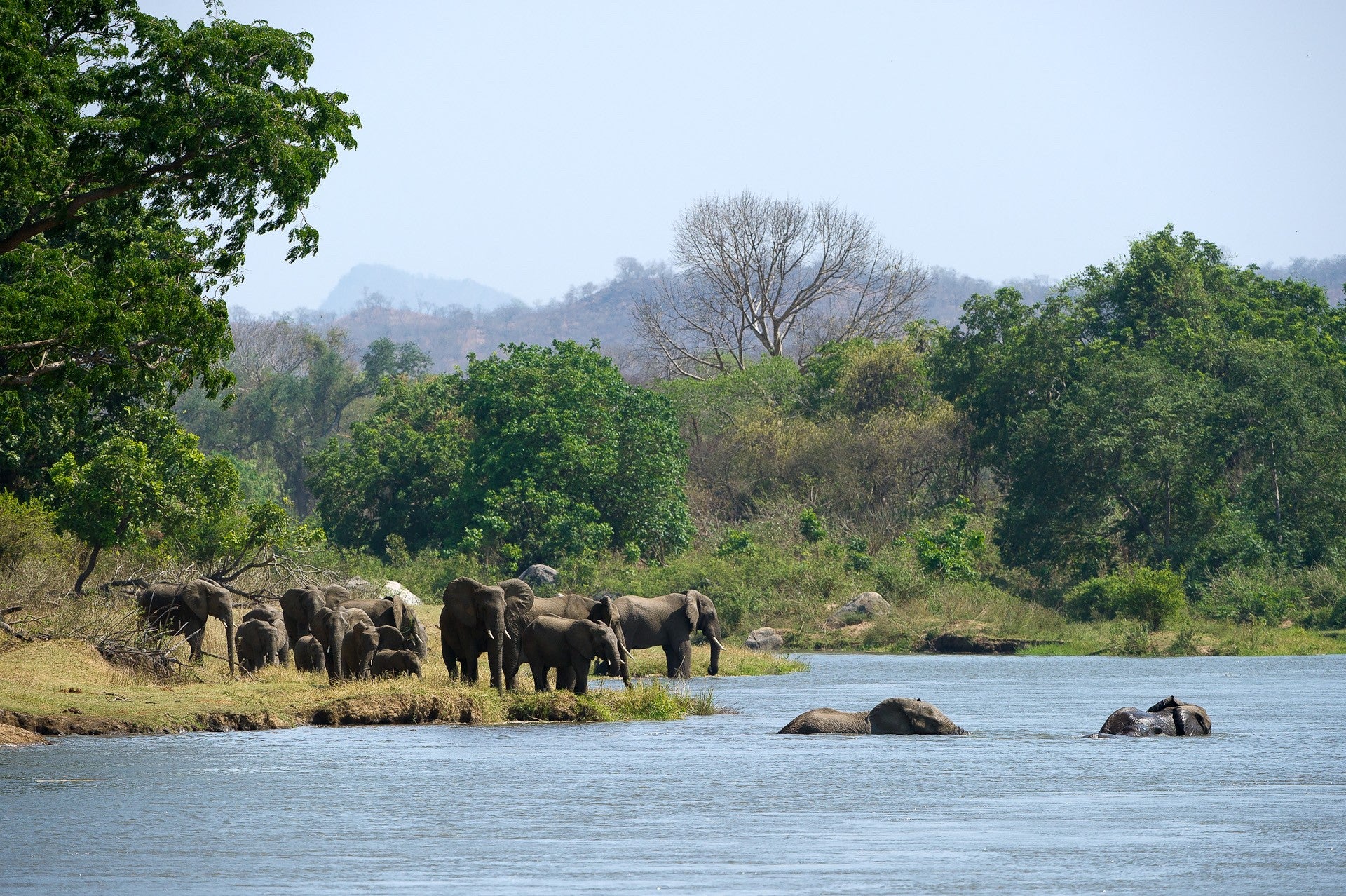
It’s eerily quiet as we drive through the Nkhotakota Wildlife Reserve looking for elephants. Never before have I seen a stretch of African wilderness so still, so devoid of life. There aren’t baboons leaping between branches nor impalas grazing on rich grasses. Although it’s midday, the dense forest encircling our Land Rover blocks out the sun, making the light dim and wildlife-spotting difficult.
Suddenly, through a cluster of trees, I see motion in the distance: three blobs of grey amble through a small clearing. I tap one of our park rangers on the shoulder and point towards them.
“Elephants!” he excitedly proclaims while handing me his binoculars, but I already have my long lens focused on the small herd. They’re too far away for a clear shot, but I don’t mind: seeing them is prize enough.
Until several months ago, the 1,800sq km Malawian reserve was a wildlife wasteland despite being the country’s oldest and largest national park. In the 1990s, 1,500 elephants called its miombo woodlands home, but decades of poaching decimated Nkhotakota’s herds, and in 2015, when NGO African Parks began managing the reserve, only 100 elephants remained. All other Big Five species had vanished, as had most game animals. It’s a familiar story: pressured by poaching and population growth, areas that once brimmed with wildlife lose their resources – and value. All of Malawi’s protected areas suffered this fate, so it would have been easy to give up on them, but African Parks is determined to restore depleted landscapes, not just in Malawi but across Africa.
By the time I toured Nkhotakota in November 2016, African Parks had been working in Malawi for 13 years, but Nkhotakota’s restoration had only just begun: during summer 2016, African Parks restocked the reserve by moving several hundred elephants and more than 1,100 game animals from Liwonde National Park in the country’s south to Nkhotakota. A second and final phase of “500 Elephants” occurred a year later, and Nkhotakota’s elephant herd now numbers 600, meaning travellers can be assured they’ll see grey giants at close range.
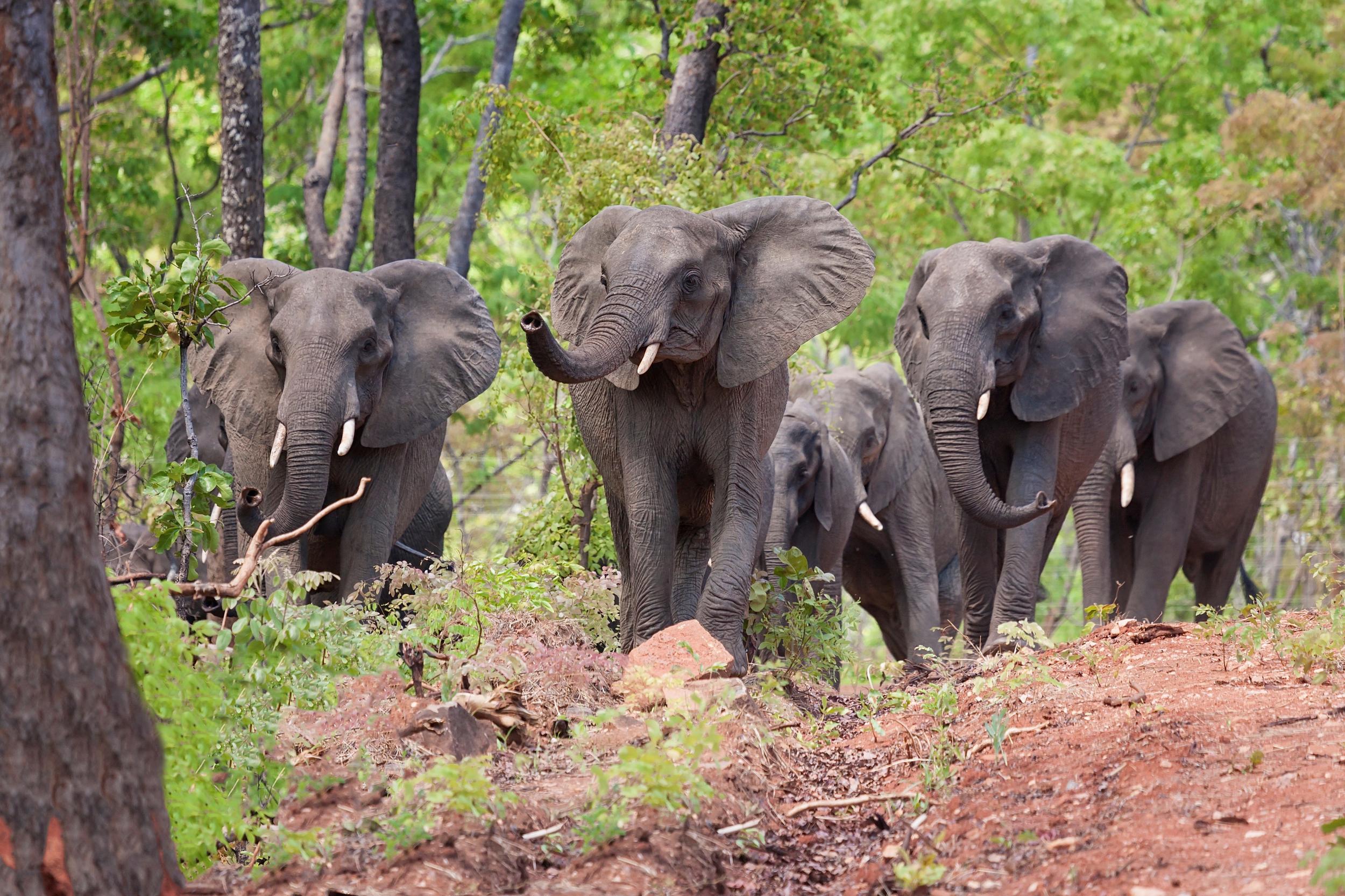
Malawi’s other primary wildlife destinations – Liwonde National Park and Majete Wildlife Reserve – are further along in terms of wildlife restoration. Majete is Malawi’s star wildlife attraction and the gold standard for African Parks-led restorations. The NGO calls Majete “a park risen from a wasteland”. Not a single tourist visited Majete between 2000-2003; now, three campsites and lodges welcome more than 11,000 tourists each year, and the reserve generates $550,000 annually (funds are poured back into the reserve and injected into local communities).
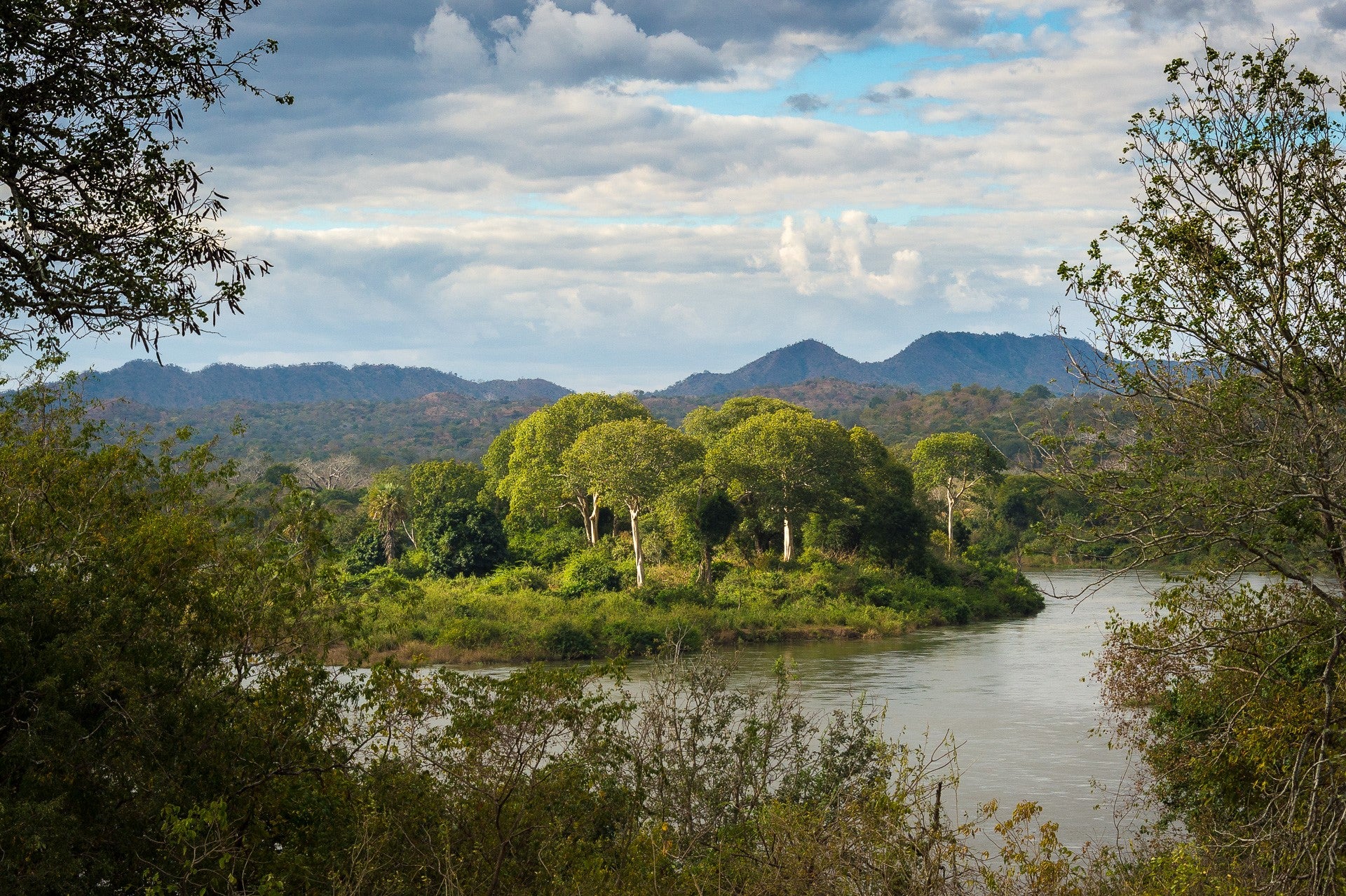
Majete is the only Big Five park in Malawi, and populations of various species continue to grow – both organically and because of translocations. Most recently, cheetahs returned to Majete after a long absence. Cheetahs aren’t among the Big Five but this beautiful feline is on many safari wish lists.
Cheetahs had vanished from Malawi entirely until a 2017 translocation returned them to Liwonde National Park, which is a 4.5-hour drive from Majete and well on its way to possessing Big Five status. Then, in 2018, Robin Pope Safaris opened the park’s first luxury lodge, Kuthengo, whose four safari tents have en suite bathrooms and private decks that overlook a narrow stretch of Lake Malombe. Shortly after Kuthengo began receiving visitors, lions returned to Liwonde following a 20-year absence.
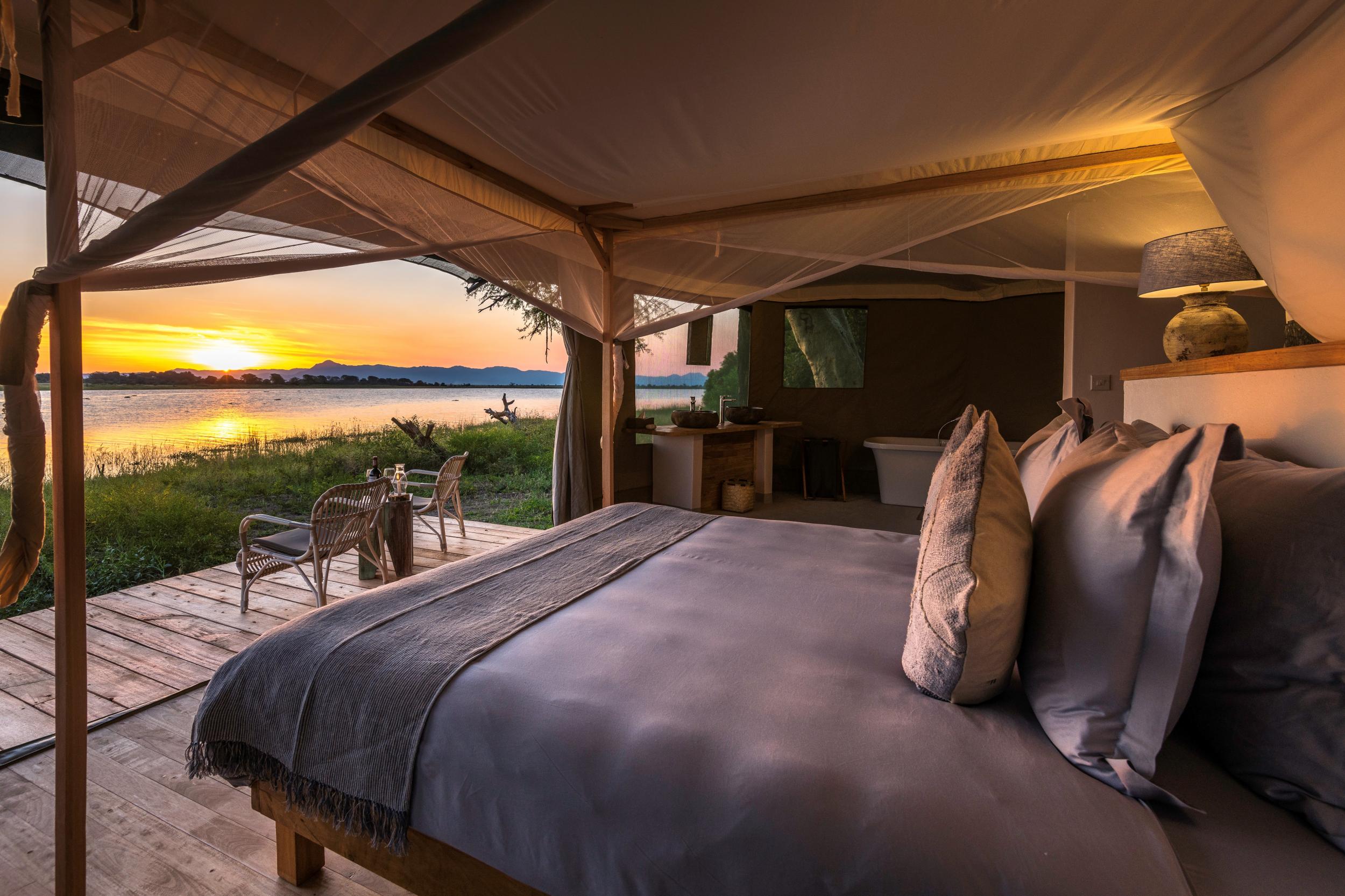
“From out of nowhere, Malawi has catapulted itself onto the main stage of must-visit African countries,” says Alex Mavros, CEO of Mavros Safaris. As Kelly White from Malawi’s Travel Marketing Consortium explains: “At the moment, the main ‘story’ in Malawi is the transformation of its parks and reserves under the auspices of African Parks.”
However, this work doesn’t merely have an impact on wildlife, explains White. “It is transforming the tourism landscape of a country that has been, up to now, somewhat ignored. Malawi has long been known for stunning beaches, beautiful and varied landscapes, and fascinating and friendly cultural experiences, however, wildlife has been a perceived weakness, and wildlife is the key to African tourism.”
I wasn’t thinking about cheetahs or elephants when I sat on the tranquil shores of Lake Malawi transfixed by its bright blue waters. I first heard about the lake years ago when a Malawian friend told me that its deep waters house more fish species than any lake in the world. One of Africa’s Great Lakes, Lake Malawi is the third largest in Africa, but it seems out of place in landlocked Malawi. Underwater, you’ll think you’re in the Caribbean as you come face to face with the endemic cichlid fish that are one reason Unesco named Lake Malawi a World Heritage Site.
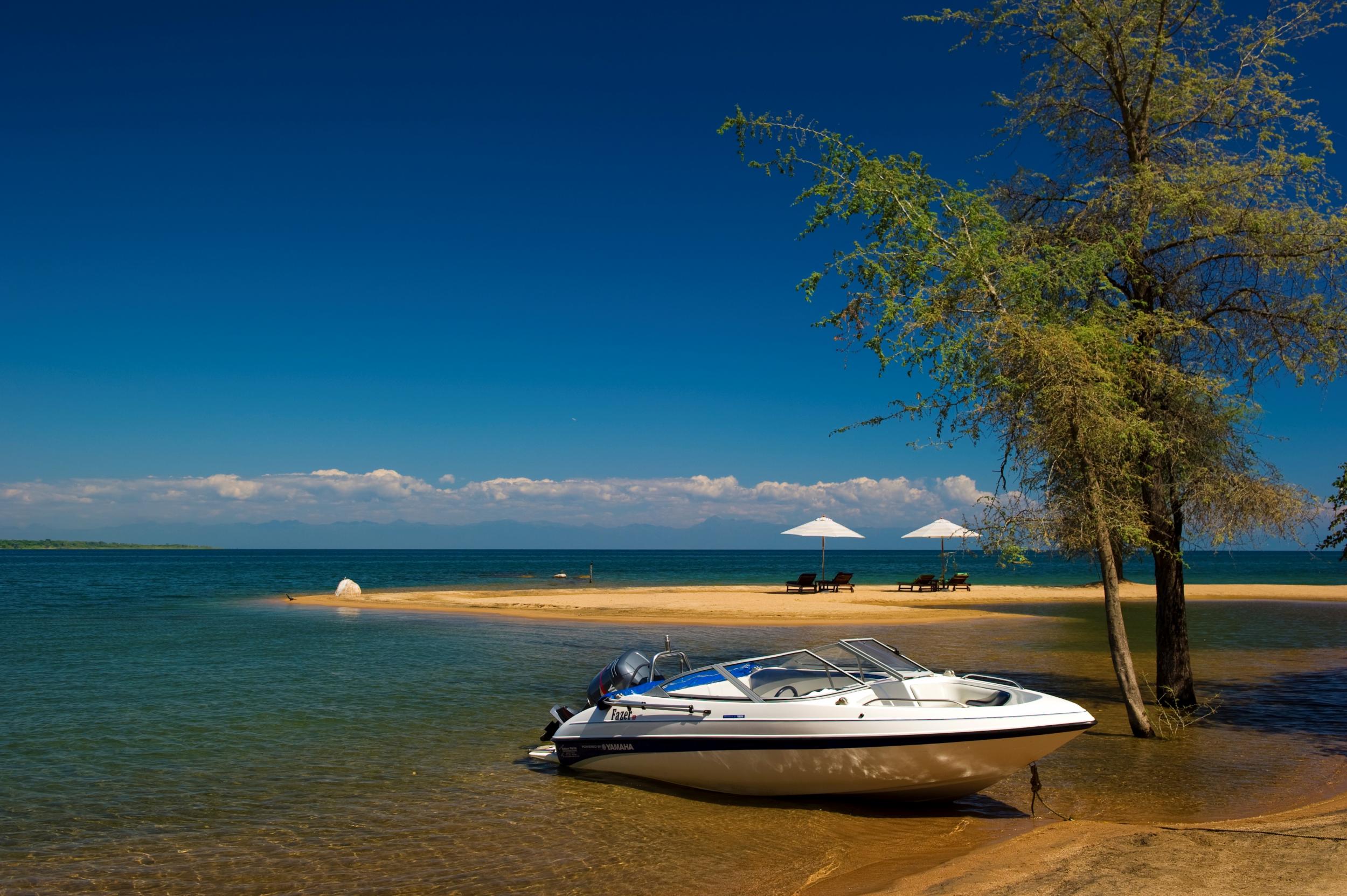
I spent several solitary days at the Blue Zebra Island Lodge – the only manmade structure on Nankoma Island. Because I was in Malawi in November (an unpredictable month weather-wise), I was one of the only guests at Blue Zebra’s oasis. Once again, I experienced the stillness I seek in Africa, only this time I was surrounded by wildlife.
In the mornings, I snorkelled around Nankoma in search of fish, and when the afternoon heat became too intense, I sat on my private wooden deck watching birds dart between the lake and its shores. The male weavers I’d come to know on previous trips were busily crafting nests for would-be mates. I admired one as he strung a blade of grass through the opening of his house – while hanging upside down – and considered practising a bit of yoga before deciding to meander to the bar for a sundowner instead.
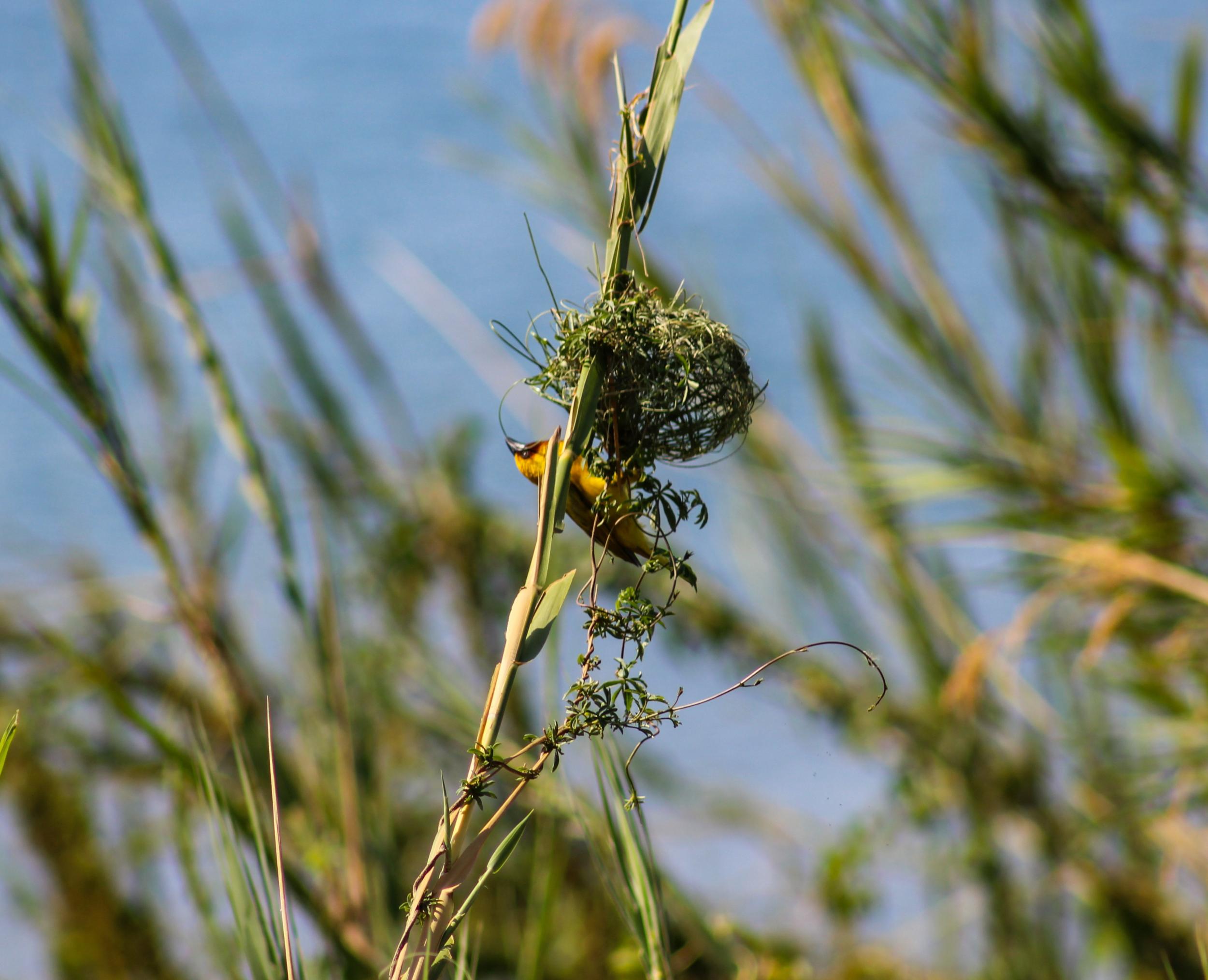
I could have spent a month swimming in Lake Malawi’s crisp waters, and I’m dying to return one September for the annual Lake of Stars Festival, but after several days of lakeside lounging, I traded the tropical paradise for the country’s capital, Lilongwe.
It’s a charming city buzzing with activity, and with Malawian friends showing me around, I had the benefit of seeing Lilongwe through the eyes of locals. On my first evening, they introduced me to the city’s posh spots: we checked out the boutique Latitude 13 Hotel and had drinks at the rooftop bar of the luxurious President Walmont Hotel, where I stayed that evening.
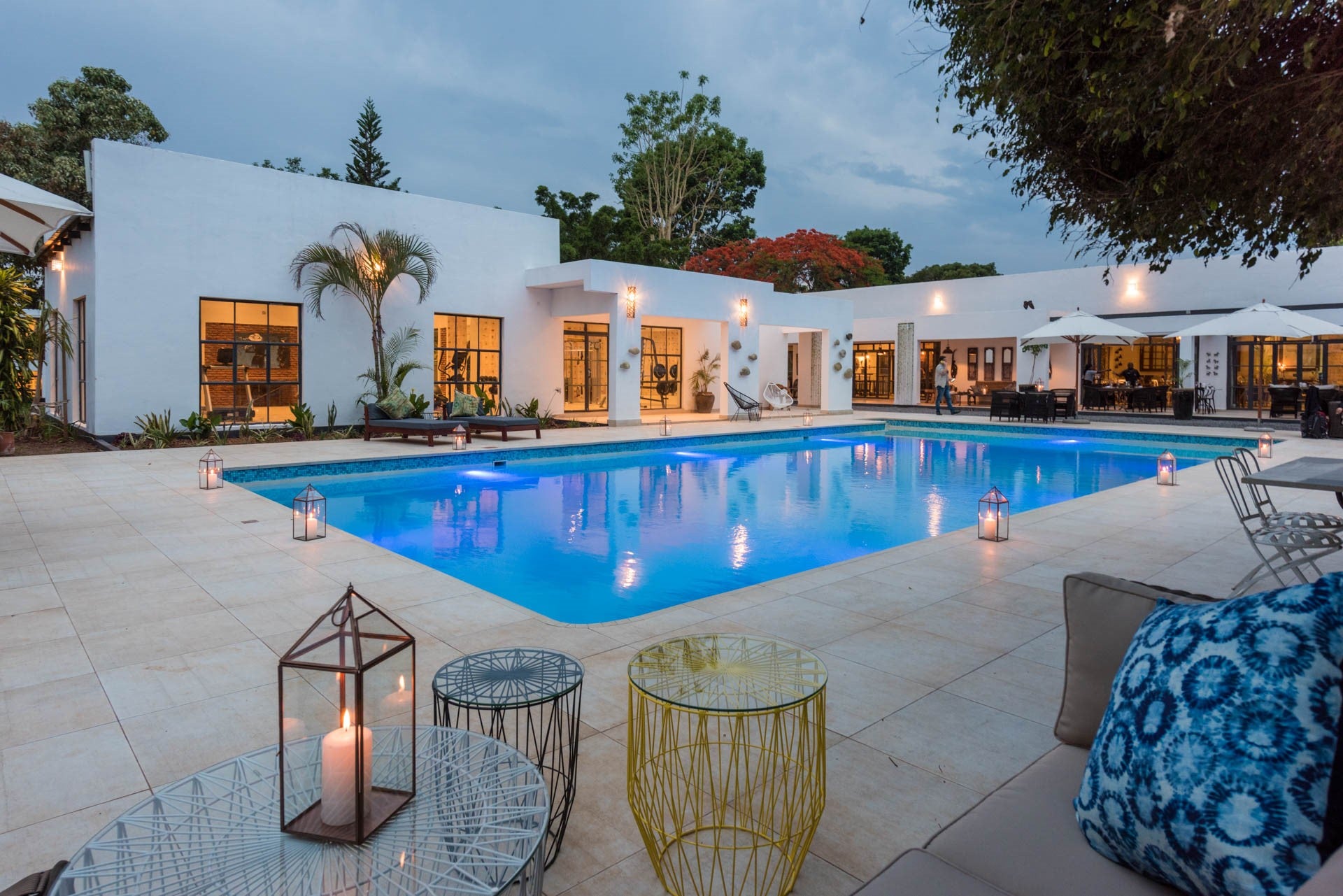
I’m a Texas girl at heart, so the following night I demanded that my friends take me to a barbecue and bar complex called Bandwilo. One friend stood in line waiting for fresh meat grilled to order while another procured beer from a nearby bar. I felt like I was back home in the Texas Hill Country and couldn’t help babbling about the differences between Texas and Malawian barbecue. We sipped lukewarm beer under the bright moonlight, and when the night was over, I headed to a different hotel, this one on the city’s outskirts.
On my final morning, I was alone again, this time sipping coffee on the outdoor terrace of the beautiful Kumbali Country Lodge. Looking out on the lodge’s lush gardens, I realised that although I’d only spent five nights in Malawi, the country’s small size allowed me to take in multiple experiences and sights in a short period of time. That alone is reason to go… and I’ll be back.
Travel essentials
Getting there
There aren’t direct flights to Malawi from the UK, but several airlines offer one-stop options via Addis Ababa, Johannesburg or Nairobi.
Staying there
Each of the African Parks-managed reserves contains a website that lists all accommodation options in Liwonde National Park, Majete Wildlife Reserve and Nkhotakota Wildlife Reserve.
Lake Malawi: the lake and its shores contain numerous accommodation options, from hostels to five-star hotels. Of the latter, Blue Zebra Island Lodge, Mumbo Island and Pumulani are all top-notch.
Lilongwe: various hotel options include Latitude 13 Hotel, President Walmont Hotel and Kumbali Country Lodge.
More information
Some lodges close during Malawi’s rainy season. For instance, Kuthengo and Pumulani are closed between January and mid-March.
If you’re interested in a Malawi travel package, consider Robin Pope Safaris’ “Warm Heart of Malawi” tour, which begins in Blantyre, ends in Liwonde, and includes eight nights (three at Mkulumadzi in Majete, two at Kuthengo in Liwonde and three at Pumulani on Lake Malawi). It costs an estimated £2,800 (excluding international flights and overnights in cities like Lilongwe and Blantyre).
malawitourism.com
Join our commenting forum
Join thought-provoking conversations, follow other Independent readers and see their replies
Comments
Bookmark popover
Removed from bookmarks